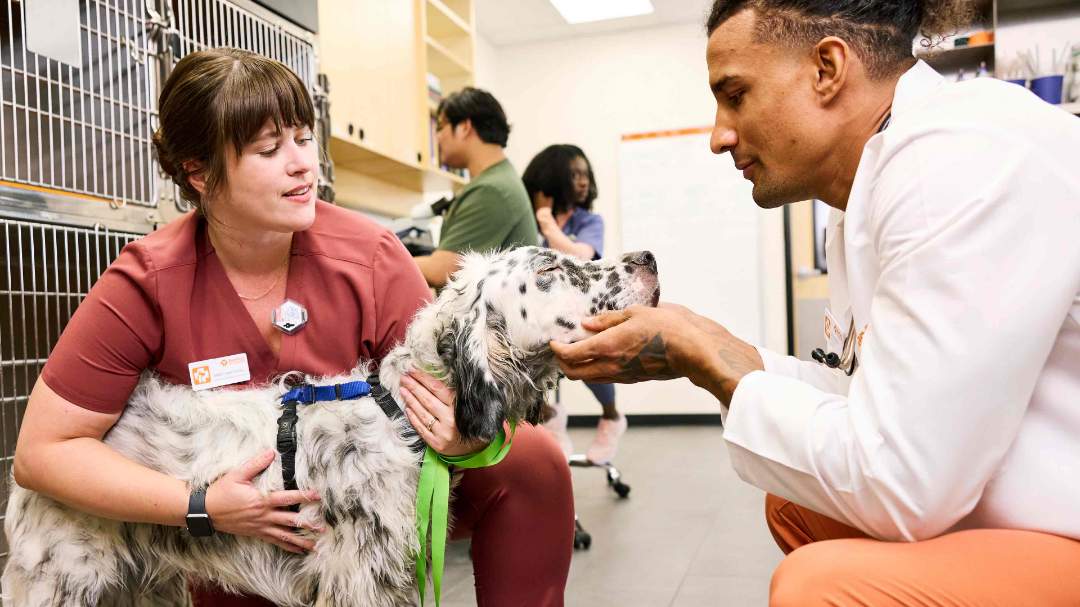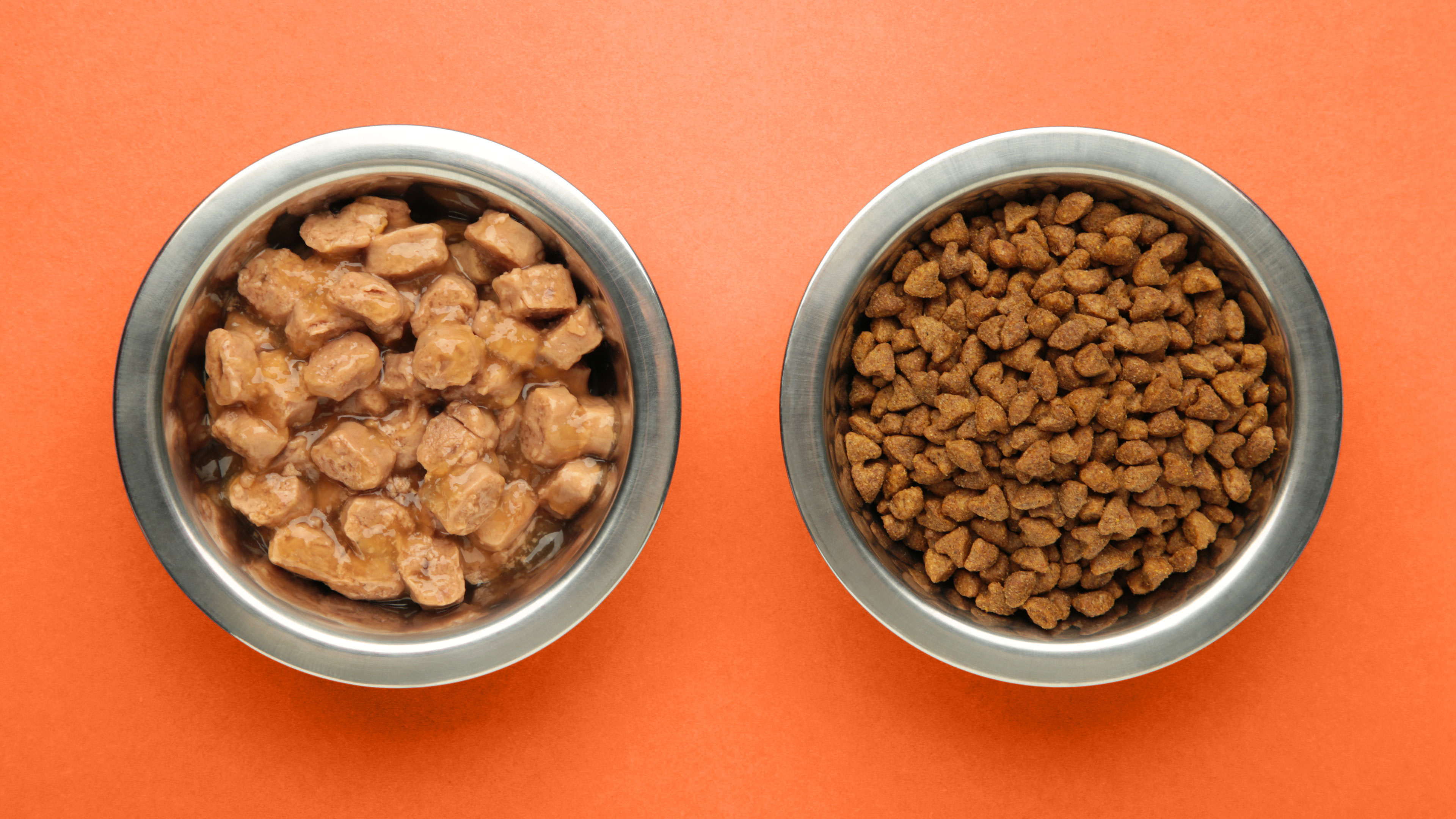what to know about heartworm prevention
Heartworms are no joke. These gnarly, spaghetti-like worms can wreak havoc on your beloved pet’s body, causing heart failure, lung disease, and organ damage. In other words: You REALLY don’t want your pet to get heartworms. In this blog we'll go over how pets contract heartworms, what happens when these nasty little buggers get in their system, and how, as pet owners, we can protect our little cuties from getting them.
More of a visual learner or just want the quick facts? Watch our handy video below.
What are heartworms?
Heartworm, or dirofilaria immitis, is a parasitic worm that enters your dog’s or cat’s bloodstream in its larval stage through mosquito bites. Heartworm larvae travel to the animal’s heart and lungs, where they grow into adults, mate, and then reproduce. Oftentimes dozens of adult heartworms can be found in an animal’s chest. Gross, right? (Do yourself a favor and don’t search for photos on the internet.)
What do heartworms do?
Once these little nasties have matured within an animal, they can clog arteries and block blood flow to essential organs. An infected animal can show signs of heartworm disease with lots of coughing, shortness of breath, decreased appetite, or lethargy. Unfortunately, it’s often hard to tell if your pet has been infected until the disease is in its advanced stages, which makes it challenging to treat heartworm disease. (Some species, like cats, often don’t show clinical signs until the disease becomes fatal.) That’s why it’s so important to test for and ideally prevent your pet from getting heartworms in the first place.
How do you test for heartworms?
If you or your veterinarian suspect your pet has heartworm disease, your vet will order antigen testing, which can help detect if heartworms are in your dog six to seven months after infection. Your veterinarian may also order additional blood tests and X-rays.How do you prevent heartworm disease?
Thankfully, routine heartworm prevention is readily available. There are several options to choose from, including shots administered by your vet and prescription products found at the Banfield Shop. If you have questions about which heartworm prevention is right for your pet, contact your local Banfield vet.
 Mites and mange
Mites and mange Podcast - Not Just Fluff
Podcast - Not Just Fluff











